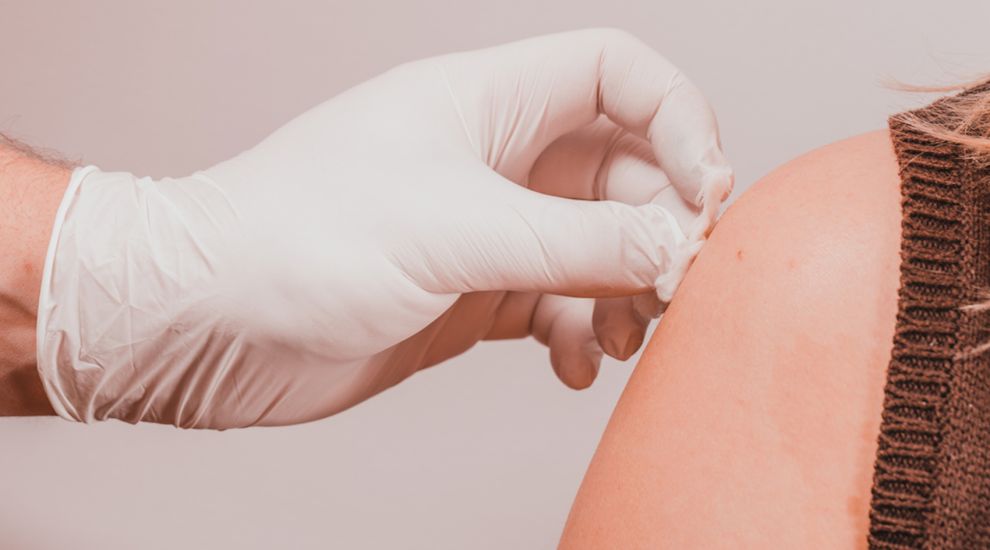


The number of pregnant islanders vaccinated against whooping cough last year was the lowest since 2016 and fell short of English and European benchmarks, new data has shown.
The 2023 Immunisations Report – published this week by Public Health – revealed that only 55% of pregnant women in Jersey were vaccinated against whooping cough in 2023.
The vaccine, which islanders can receive between weeks 16 and 32 of pregnancy, protects newborns against the aggressive cough which can be very serious in infants.

Pictured: Professor Peter Bradley is the island's Director of Public Health.
Vaccination rates for shingles and pneumococcal disease were also below European and English benchmarks, the report found – at 60% and 75%, respectively.
The authors raised that this suggested "gaps in outreach" and raised "concerns about increased risks for these vulnerable populations".
"Addressing these areas will be key to strengthening Jersey’s overall immunisation strategy," the report's authors added.
Jersey's Director of Public Health Professor Peter Bradley explained that the targets are designed to provide protection to the whole population.
He explained: "If we have a person with measles, they are unlikely to affect people in the wider community because the number of people who had the vaccine is so high."
Prof Bradley cited the two cases of measles this year, the first in eight years, as evidence of a successful vaccination programme – as the disease had not spread since those cases were identified in August.
"In a sense, that's reassuring," he said.

Pictured: Jersey recorded its first case of measles in eight years at the start of August.
The flu vaccine has to be renewed every year, he stressed, as it is updated to fight the most current virus.
Islanders may be tired of being vaccinated "rather frequently", he added, with a number of newly-released vaccines.
Prof Bradley said that this concern trumped worries about the impact of so-called anti-vaxxers or a lack of education – though he stressed the importance of explaining the science behind vaccines to patients who feel uneasy.
But, he stressed, it was particularly important for elderly or vulnerable Islanders to keep their flu shots and other vaccines up-to-date "to avoid what could be quite a nasty spell of illness" or even a hospital admission.
Getting vaccinated also helps "the people around you", the Public Health Director added.
Childhood vaccinations, on the other hand, were taken up by enough islanders, he said.
The World Health Organization sets a 95% target for childhood immunisations.
In Jersey, 10 out of 14 recommended childhood vaccines hit this target – including the first dose of the MMR vaccine, the Hib/MenC booster, as well as the booster for tetanus, diphtheria, whooping cough and polio.
The uptake for the second dose of the MMR vaccine was just below target at 94%.
The number of teenagers who took the human papillomavirus vaccine, which protects against some types of cancer, has decreased in the past decade.
A total of 83% of eligible girls got the vaccine in 2023, but only 70% of boys did.
The number of teenage boys who receive the HPV vaccine has been going down steadily since the programme was introduced for boys.
Comments
Comments on this story express the views of the commentator only, not Bailiwick Publishing. We are unable to guarantee the accuracy of any of those comments.